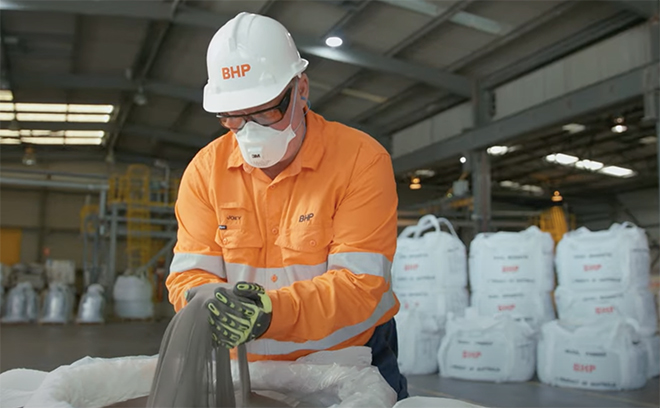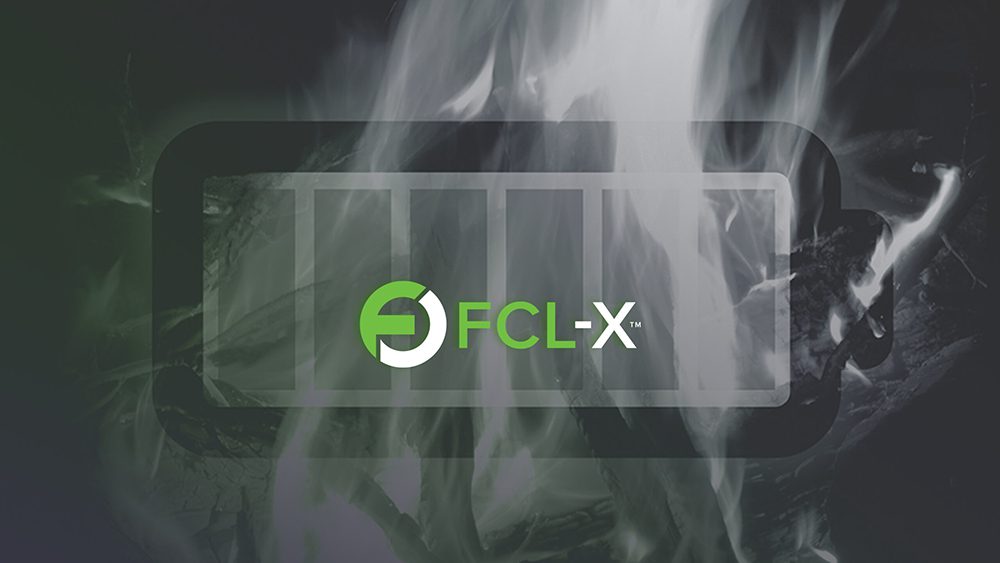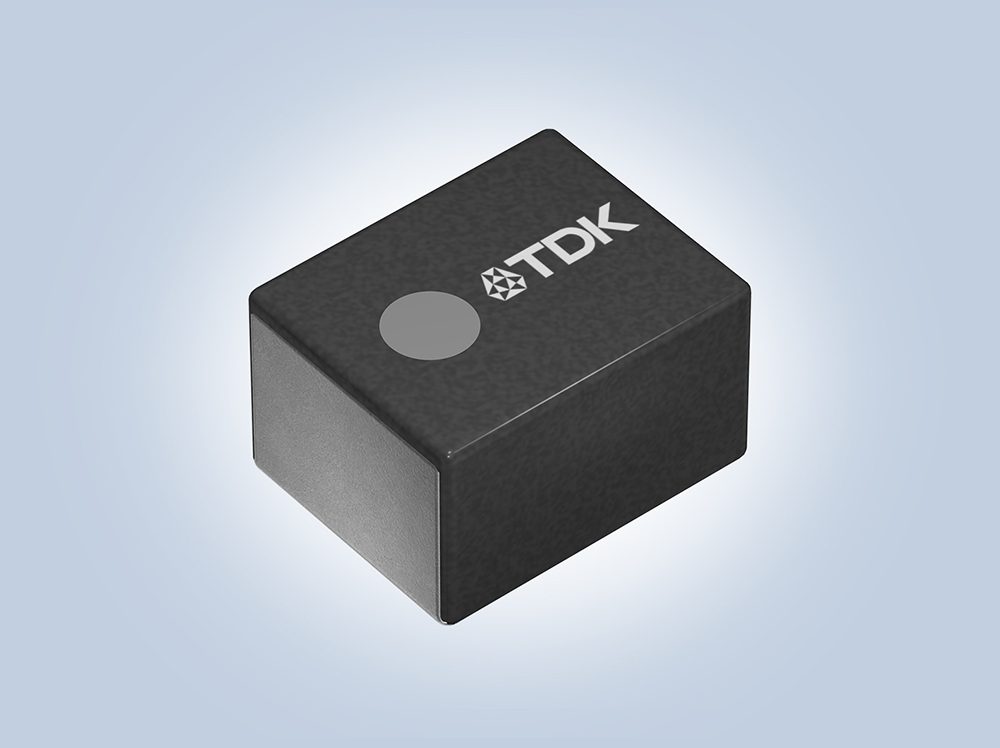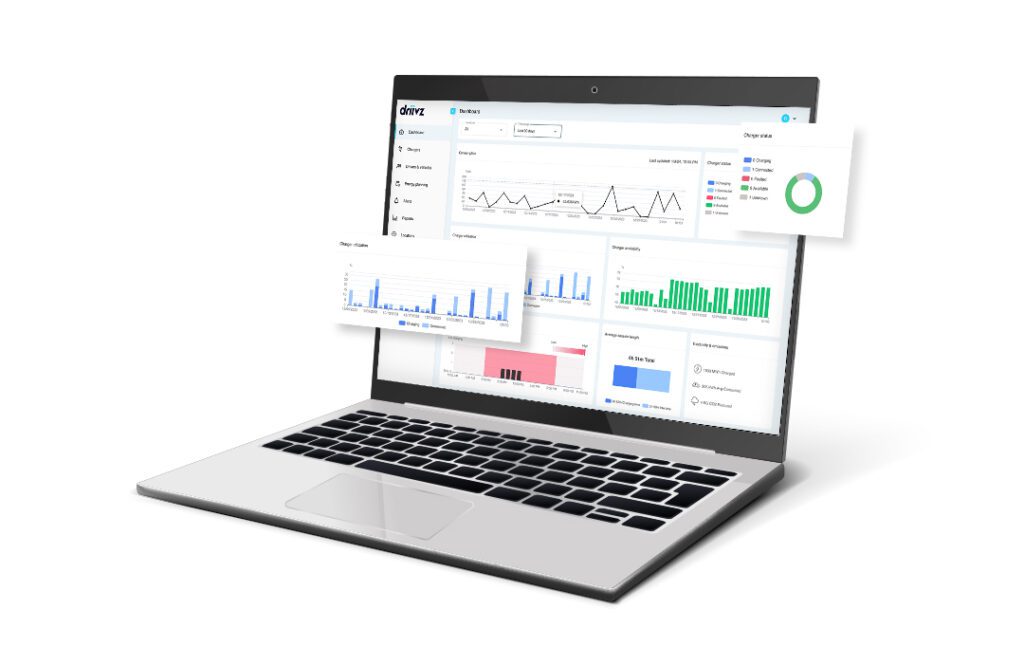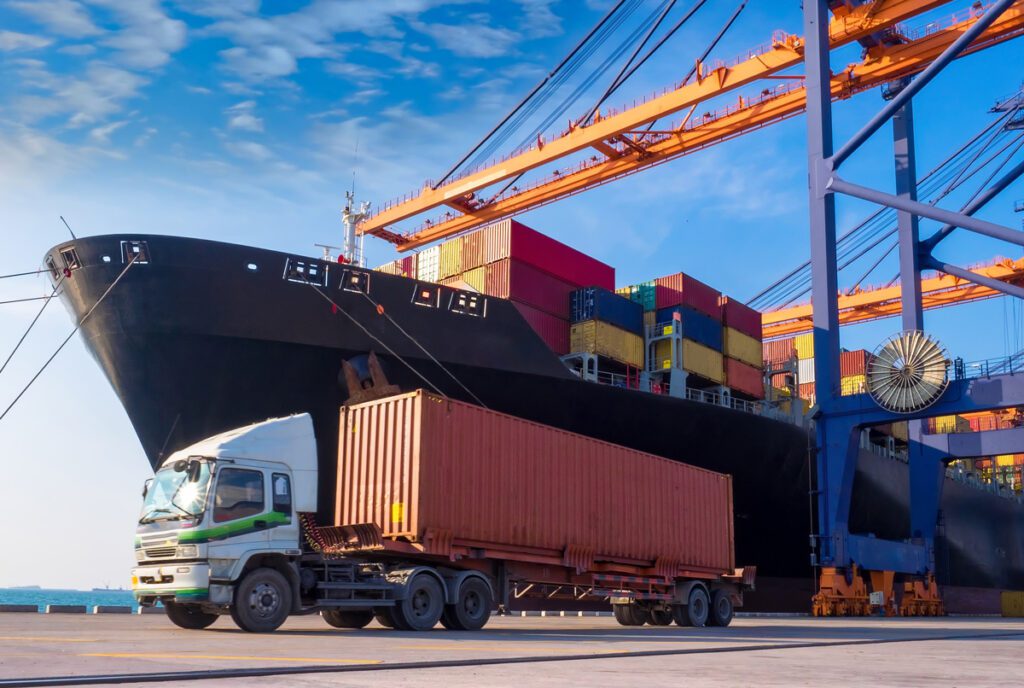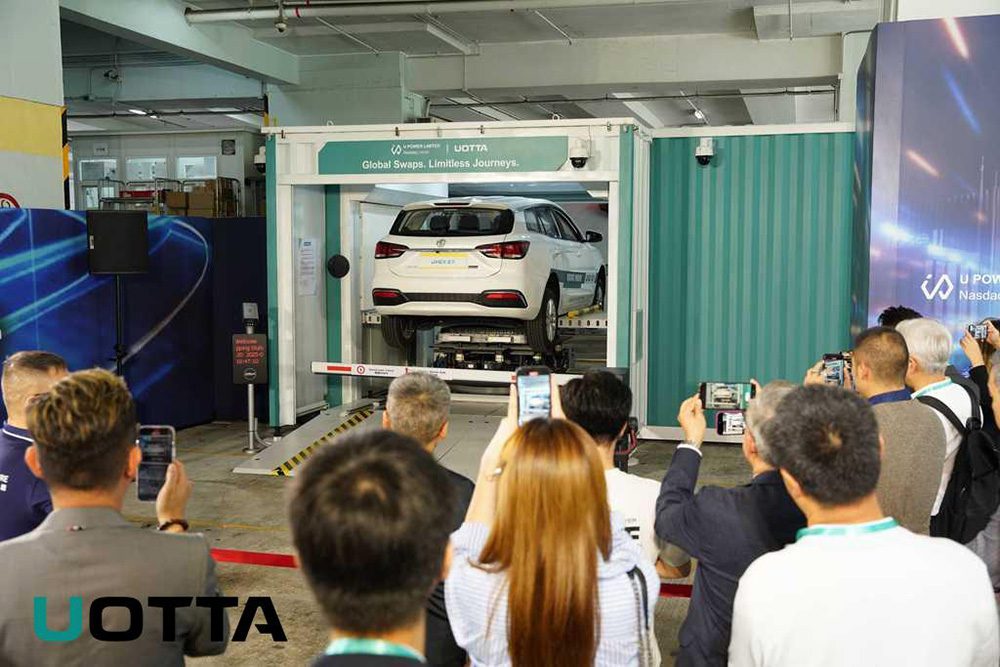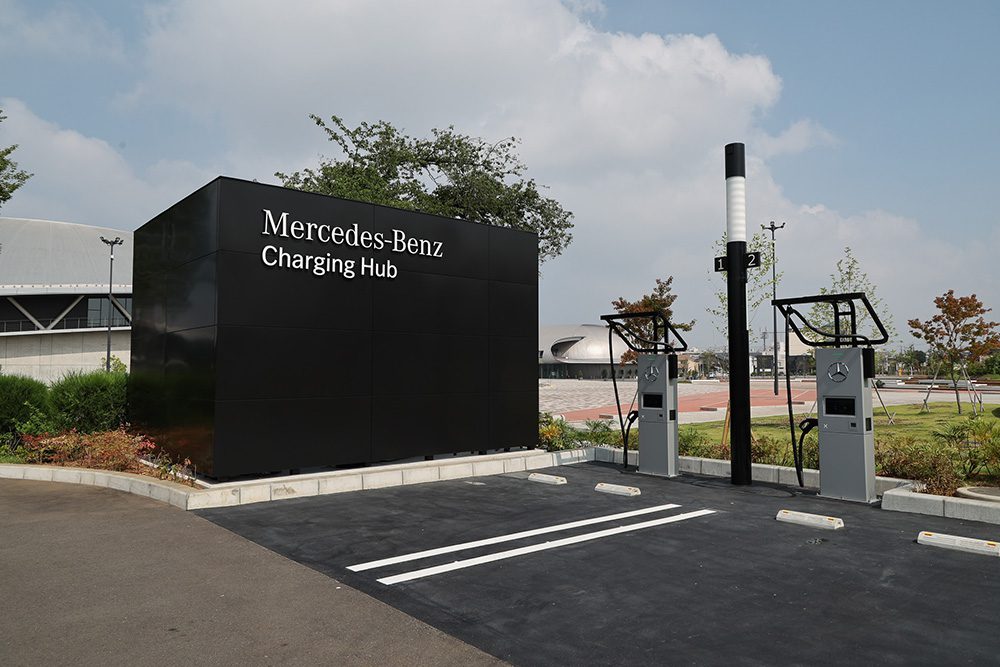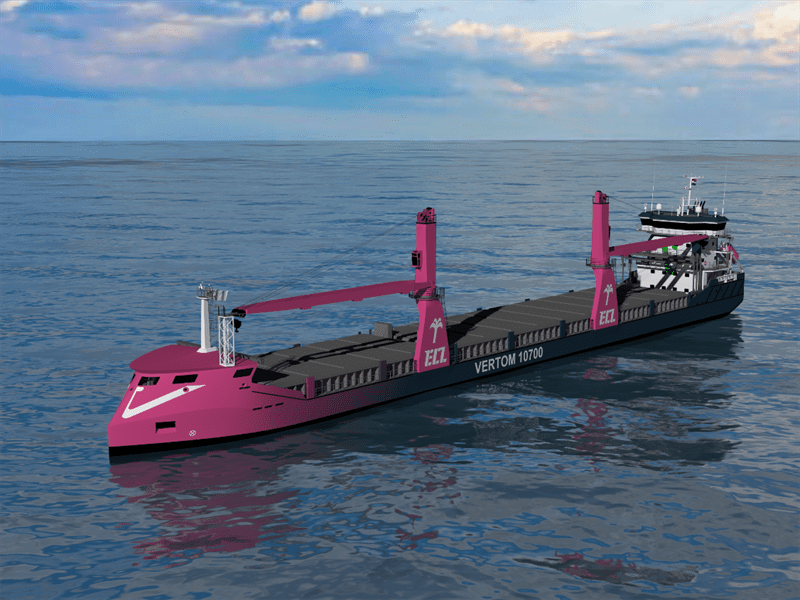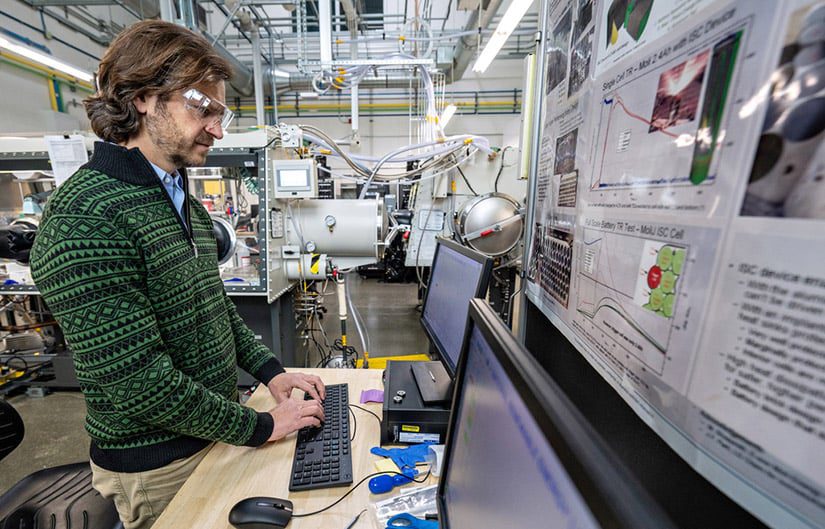Contrary to popular belief, the most important mineral in EV batteries may not be lithium, but nickel. According to the Nickel Institute, the metal, which gives cells higher energy density and greater storage capacity, is an essential component for Li-ion battery cathodes—in fact, it’s the most important metal by mass in the cathodes used in EVs.
Elon Musk has often said that Tesla’s production of vehicles is constrained by its supply of battery cells, and in 2020 he made a plea to the world’s mining companies: I gotta have more nickel! (or words to that effect).
Earlier this year, Tesla proposed to invest in a battery project in Indonesia, which has a lot of nickel (and, as it happens, a lot of deforestation and other problems associated with supplying raw materials to the rich world).
Now Tesla has signed a deal with BHP, the world’s largest nickel miner, in order to secure supplies of nickel—and the two companies claim that this nickel will be produced in as sustainable a manner as possible.
“BHP will supply Tesla Inc. with nickel from its Nickel West asset in Western Australia, one of the most sustainable and lowest carbon emission nickel producers in the world,” said BHP in a press release.
“Demand for nickel in batteries is estimated to grow by over 500 per cent over the next decade, in large part to support the world’s rising demand for electric vehicles,” said BHP Chief Commercial Officer Vandita Pant. “We are delighted to collaborate with [Tesla] on ways to make the battery supply chain more sustainable through our shared focus on technology and innovation.”
According to BHP, sustainability measures will include: “a focus on end-to-end raw material traceability using blockchain; technical exchange for battery raw materials production; and promotion of the importance of sustainability in the resources sector, including identifying partners who are most aligned with BHP and Tesla Inc.’s principles and battery value chains.”
Sources: Investors Observer, Electrek







